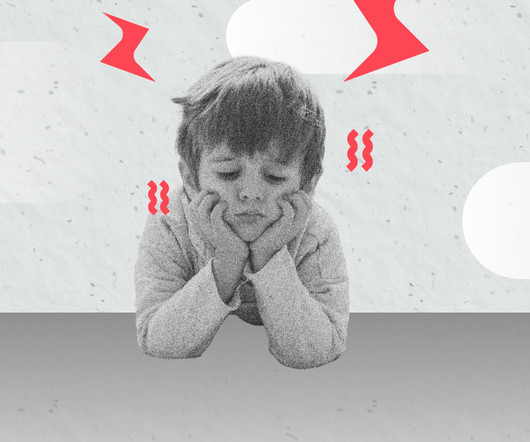Realizing the Promise: Strategic Dissemination and Implementation of CBT in Public and Private Health Care Systems
Society of Clinical Psychology
FEBRUARY 11, 2019
Although considered the gold standard psychological treatment for many mental and behavioral health conditions, Cognitive Behavioral Therapy (CBT) continues to be delivered at rates far below what research and expert recommendations suggest. Training included participation in a 2.5-day













Let's personalize your content